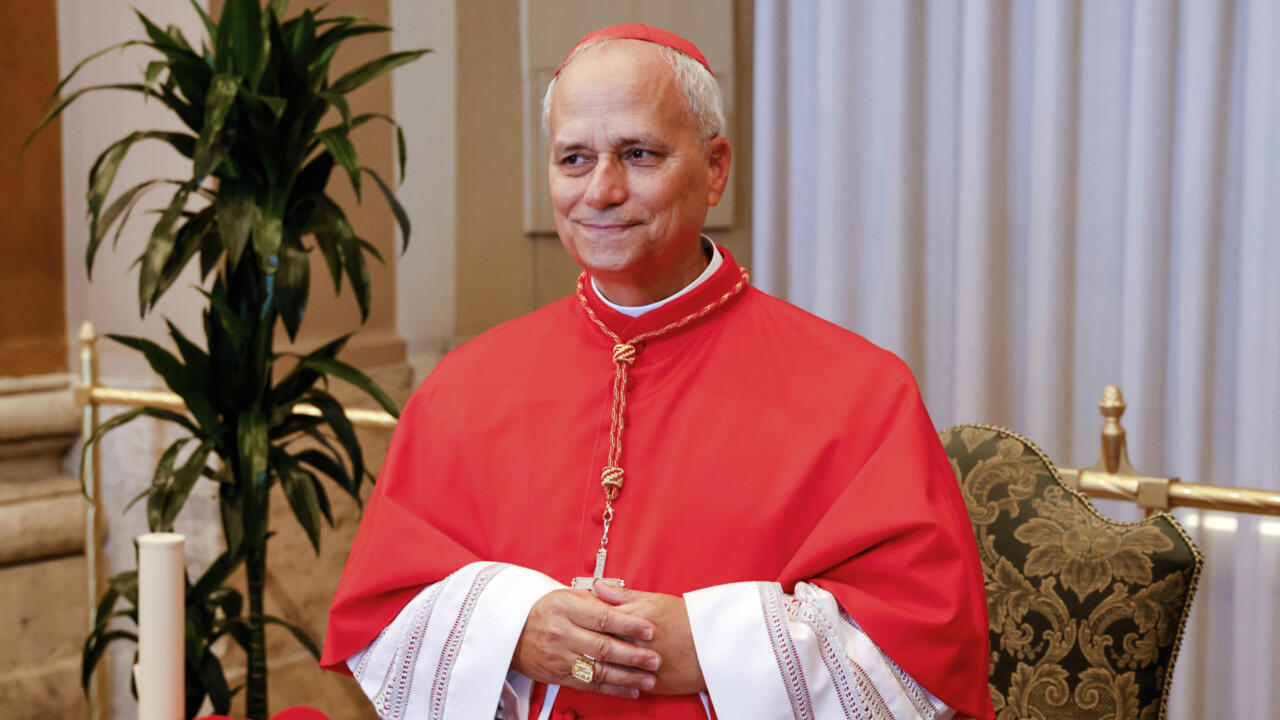
Tonight, from the Vatican, a stunning development that will reverberate across the Catholic world. The College of Cardinals, in a move that has surprised many, has reportedly chosen Robert Prevost as the successor to the papacy. A figure perhaps less known on the global stage than some of the speculated frontrunners, Robert Prevost’s ascent marks a potentially significant turning point for the Church.
Robert Prevost, an American prelate who has been serving as the Prefect of the Dicastery for Bishops, a crucial Vatican department responsible for recommending candidates for bishoprics worldwide, is now poised to take on the monumental task of leading over a billion Catholics. His background, notably his long service as a missionary in Latin America, particularly in Peru, offers a compelling narrative of a life dedicated to the pastoral needs of the faithful in the developing world.
Consider this: Robert Prevost is not a European cardinal, a departure from a centuries-long tradition. His deep immersion in the realities of the Church in the Southern Hemisphere, where the majority of Catholics now reside and where issues of poverty, social justice, and liberation theology have long been central, could signal a renewed focus on these critical areas under his leadership.
Sources within the Vatican suggest that Robert Prevost’s reputation is one of a pragmatic and thoughtful leader, a consensus builder known for his deep understanding of the complexities facing the Church today. His work within the Dicastery for Bishops has given him an intimate knowledge of the leadership challenges and the diverse needs of dioceses across the globe. This experience, it is believed, may have been a key factor in the Cardinals’ decision, as they sought a steady hand to navigate the Church through an era of both internal challenges and external pressures.
The selection of Robert Prevost comes at a pivotal moment. The Catholic Church continues to grapple with the fallout of the clergy abuse crisis, the need for greater transparency and accountability, and the ongoing debates surrounding the role of women, LGBTQ+ issues, and the Church’s engagement with the modern world. Robert Prevost will inherit these complex issues, and his approach to them will be closely watched by Catholics and non-Catholics alike.
His time in Latin America, a continent marked by both vibrant faith and significant social inequalities, has undoubtedly shaped his worldview. It suggests a potential papacy that may prioritize the voices of the marginalized and advocate for a Church that is deeply engaged in the struggles of the poor and the dispossessed.
While Robert Prevost may not have been a household name for many outside the Vatican walls until now, his appointment underscores the often-unpredictable nature of papal elections. The Cardinals, it seems, have opted for a leader with significant Curial experience, a strong pastoral background, and a perspective rooted in the global south.
The coming days and weeks will be crucial in understanding the direction in which Robert Prevost intends to steer the Church. His first pronouncements, his appointments, and his engagement with the pressing issues facing the faithful will offer vital clues to the character of his papacy.
Tonight, the world waits to hear directly from Robert Prevost, to understand his vision for the future of the Catholic Church, and to witness the dawn of a new chapter under his leadership. This is a story that will continue to unfold, and we will be here to bring you every significant development as it happens.


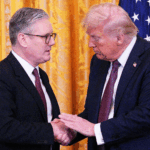
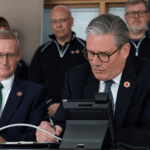
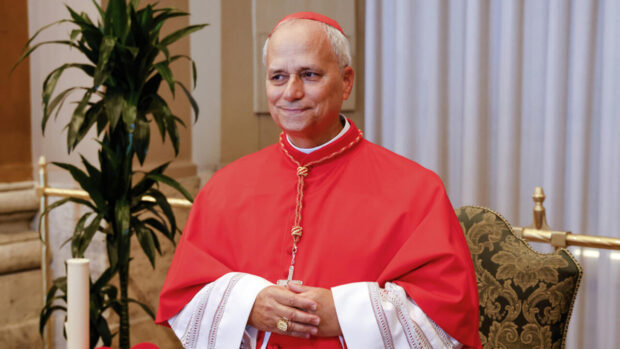
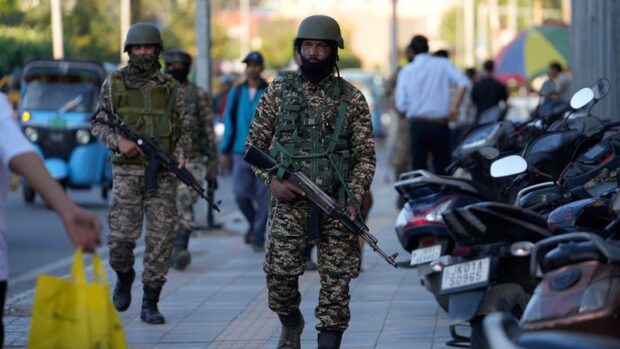
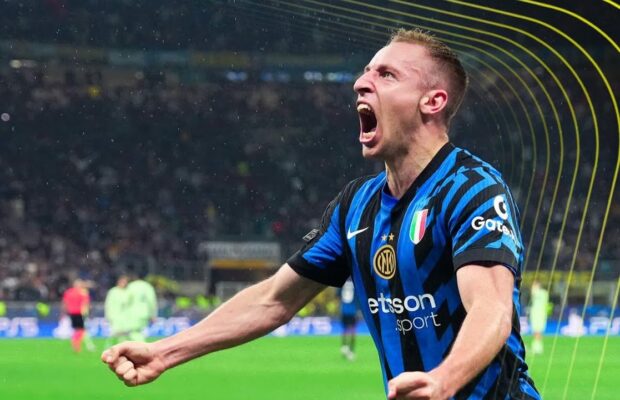


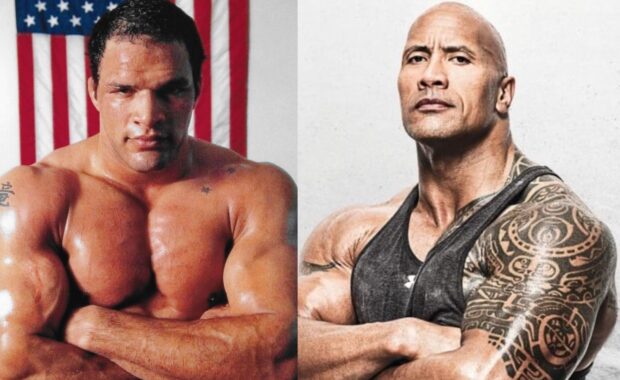


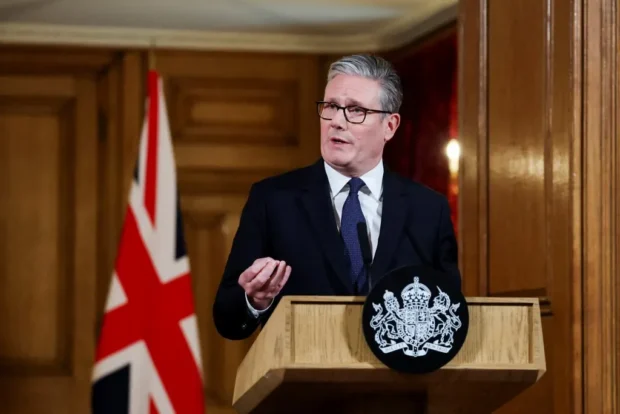
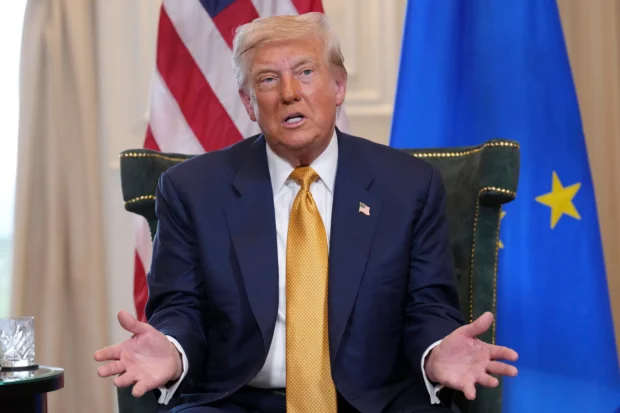


Be the first to leave a comment